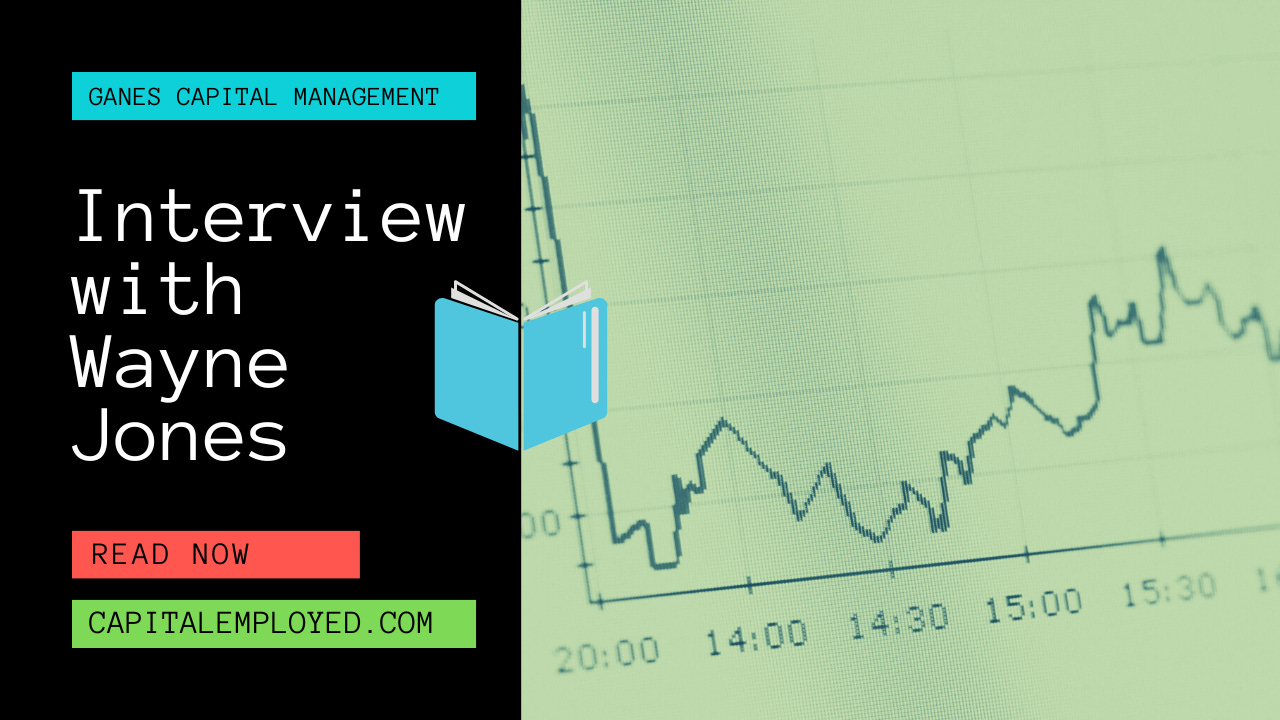Interview #63 : Wayne Jones (Ganes Focused Value Fund)
Investing as business owners rather than speculators in quality Australian companies.
For this issue we had the pleasure of interviewing Wayne Jones, Founder of Ganes Capital Management, and Portfolio Manager of the Ganes Focused Value Fund.
Ganes was founded in 2002. Its investment philosophy has always been based upon investing as business owners rather than speculators, and they seek to own investments for the long term.
The fund has provided a return of 11.7% per annum for the past 20 years, and 11.5% per annum since inception. A $10,000 investment made at inception is now worth $92,199.
⚡ Consider becoming a Premium Subscriber to read these interviews in full, and gain access to the growing archive, for just $100 annual or $10 monthly subscription.
Read the last two interviews with Carter Johnson of MCJ Capital Partners and Sean Westropp of Deep Sail Capital.
Our next interview is being published on Friday.
Hi Wayne, thanks so much for taking the time to do this interview.
Can you please tell readers about your background, and how you got involved in investing?
Hi Jon, I have an accounting and business background and have always loved equity markets since I was young. I made all the usual mistakes when I started investing, and then read John Train’s ‘Money Masters’ around 1990 where I discovered Buffett and Fisher and it all suddenly made sense with my accounting background.
I have been a business owner for more than 20 years so I strongly agree with Buffett’s philosophy when he says he is a better investor because he’s a businessman and better businessman because he’s an investor. I started the fund in 2002.
Your focus is on Australian listed companies. What makes Australia such a great place for active stock pickers?
I focus on the Australian sector by accident of geography of where I live, however, I would say that Australia has had a successful track record for a number of reasons.
Firstly, by and large, corporations within Australia are focused on creating shareholder wealth and passing that onto shareholders via dividends.
Our taxation system of franking credits essentially drives a higher dividend policy than most other markets and dividends can make up a substantial part of investment returns.
Secondly, Australia is a small market so sometimes it can only allow a few companies to be profitable within certain markets.
For example, we essentially only have 4 major banks and 2 major supermarket chains in the country. It doesn’t allow enough scale for a lot of competition within some industries. The lack of competition can benefit investment returns.
And lastly Australia has had a decent track record of creating world class companies and expanding offshore where markets, and potential runways for business, are much larger. Most of my larger holdings all have operations in overseas markets.


